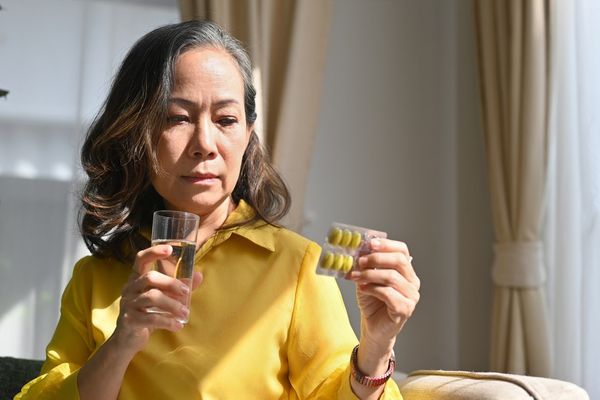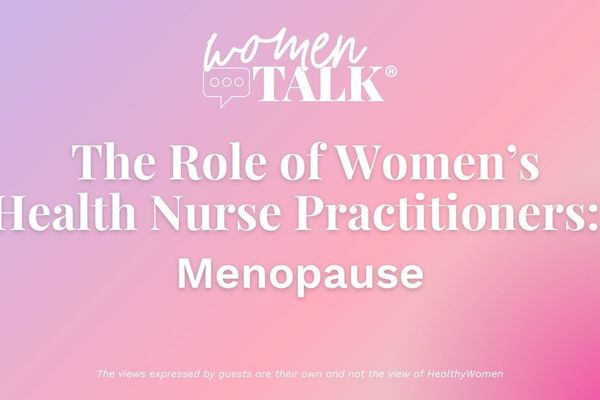Despite the fact that every woman eventually will go through menopause, a diagnosis of perimenopause can take years. A woman may see her doctor or visit an emergency room for heart palpitations, try sleep aids for her suddenly sleepless nights, consider therapy for emotions that feel out of control and starve herself or get expensive thyroid tests to get rid of her new layer of belly fat.
If a woman mentions menopause, she may hear that she's "too young" (although perimenopause can start as early as mid to late 30s) or she may be offered hormone tests that will only give her a snapshot of that moment — not an accurate portrait of her place in the perimenopausal transition. Many women leave their doctor's office with a prescription for antidepressants or anti-anxiety medication and a feeling that they didn't really get answers.
Why women deserve better
Menopause isn't official until a woman has had no periods for 12 months. Many women are well into perimenopause — caused by hormone fluctuations that can last for years — before they ever hear the word menopause. The years leading up to that final menstrual period can be a tumult of symptoms and changes. But because we don't talk about menopause as a society, women are caught unaware, frightened when their hearts skip a beat or their fingers tingle or their body odor changes.
So if health care providers don't always recognize symptoms, and there's little information out there because menopause still carries such a stigma, what's a woman to do?
Fortunately, the world is slowly starting to acknowledge one of nature's worst-kept secrets: Women's bodies change as reproduction ends. And that change has systemic effects that impact quality of life and long-term health.
Menopause resources
Menopause specialists. Arguably the most important change is that doctors and other health care professionals are starting to understand how caring for a menopausal woman requires special expertise. While a menopause-expert OB-GYN may still be a bit of a unicorn, telemedicine is expanding the reach of the few unicorns out there.
To find a telemed menopause expert, you can try the North American Menopause Society's (NAMS) "Find a menopause practitioner" page. NAMS is the premier nonprofit for women in menopause; NAMS-certified OB-GYNs have completed exams to demonstrate expertise in menopause care.
There are also online clinics that offer menopause care and prescriptions, but be sure to vet the choices carefully. Look for NAMS certification, be sure the doctors are board-certified in gynecology and ask to speak with a doctor.
While filling out a form to get a prescription might be convenient, speaking with an experienced gynecologist is generally the safer course. You can get your questions answered, talk through your medical history, learn all your options and make a truly informed choice. There are also a number of wonderful online resources available to women, from online telehealth menopause clinics to educational blogs and podcasts to product-based websites.
The future of femtech
Another growing branch of care for menopausal women is in "femtech." Technology that helps women track menopause symptoms or deal with them as they happen is still relatively new, but more and more innovators are investing time and money to research and develop menopause care.
About 1.3 million women in the U.S. become menopausal annually. As menopause becomes more acceptable socially and women demand solutions to cope with symptoms, companies are responding. For example, one company offers a personal comfort bracelet that helps women warm up when chilly or cool off when having a hot flash.
While femtech is still lagging behind other kinds of technology, the pace is definitely picking up, so women may soon have symptom trackers and other personalized care.
Increasingly, women are uninterested in suffering in silence — they don't want to have the embarrassment and discomfort their mothers suffered. And innovative menopause companies are stepping up to fill the gap.
With the United States facing a growing shortage of OB-GYNs, telemedicine can make menopause care more accessible than ever. More women will understand their bodies better and know their options when it comes to symptom management and long-term health. That way, they can step into a full post-menopause life, healthy and empowered.
This resource was created with support from Gennev.







